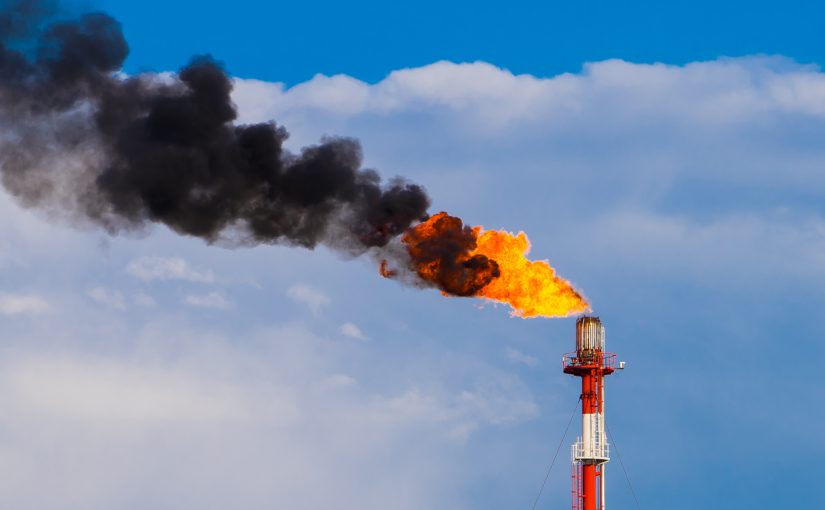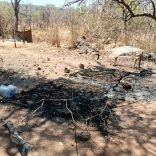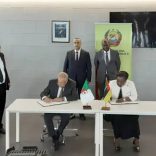First cooking gas (LPG) plant in Mozambique set for November launch – Minister | Watch
Attacks threaten natural gas development in Cabo Delgado, says EIU

File photo: TVM
The Economist Intelligence Unit (EIU) yesterday said that the development of natural gas in Cabo Delgado was threatened by the growing military presence of Islamist groups, and that it was “likely” that the attacks would continue.
“The development of gas exploitation plants in the northern province of Cabo Delgado is threatened by the growing military presence of Islamist groups, including the local Ansar al-Sunna movement and, increasingly, local Islamic State affiliates,” experts from the analysis unit of the British magazine The Economist write.
In a comment on the signing of an agreement between the governments of Norway and Mozambique to develop the sustainability of gas exploitation in the country, which was sent to customers and to which Lusa has had access, analysts say that “the militant attacks increased in severity and in frequency during the past year, and are likely to continue, even as state security forces struggle to contain them”.
In the text, the EIU stresses that “the underlying causes of the insurgency are multifaceted, but the limited economic opportunities and popular frustration over the high level of corruption, as well as weak budget management at the state level have sown the seeds for widespread discontent”.
Regarding the agreement signed between Mozambique and Norway, the EIU comments that “it serves to facilitate the sustainable exploitation of Mozambique’s oil and gas resources without endangering the environment, and to increase the economic opportunities of Mozambicans”.
A sovereign fund, which Mozambique announced last year it is interested in, “can help the country to better manage the huge gas revenues that will soon be a reality”.
For the EIU, “using these revenues to raise savings will act as a ‘budget cushion’ in the event of falling prices, allowing the Government to maintain public spending programs, even if prices fall and revenue decreases”.
A week ago, the Mozambican government and the Kingdom of Norway signed an agreement that provides for the Nordic country helping strengthen Mozambique’s capacity to manage the future natural gas revenues.
“An agreement was signed to strengthen oil management, which is sensitive and needs to be managed properly,” Mozambique’s Minister of Foreign Affairs and Cooperation Verónica Macamo said, adding: “It will be very important for the management of resources and revenues and expectations.”
Mozambique will start exporting natural gas from 2022, as a result of extraction and liquefaction mega-projects in the Rovuma basin, which are expected to put the country on the list of the world’s top ten producers over the coming decade.
The training agreement was signed as part of the visit of Norway’s Crown Prince Haakon Magno to Maputo.
The signing of the agreement comes at a time when Mozambique is discussing the creation of a sovereign wealth management fund for oil revenues. Norway has the largest sovereign wealth fund in the world.
For its part, the Norwegian Minister for International Development, Dag Inge Ulstein – who was part of Haakon Magno’s entourage – said that the agreement provides for a training programme to ensure that resources safeguard the environment and benefit future generations.
Ulstein explained that there needs to be a strong civil society for countries rich in natural resources to achieve best management practices.
“Any country that finds large deposits of natural gas has great opportunities. This industry can build well-being and a sustainable economy in such a way that all environmental aspects are covered,” he said.
The Kingdom of Norway has been providing support to Mozambique for over 40 years. Cooperation has focused mainly on energy, health, gender equality and support to the private sector.
Mozambique was the third-largest beneficiary of funds from Norway in sub-Saharan Africa in 2018, absorbing around €35 million, according to official data from that country.













Leave a Reply
Be the First to Comment!
You must be logged in to post a comment.
You must be logged in to post a comment.